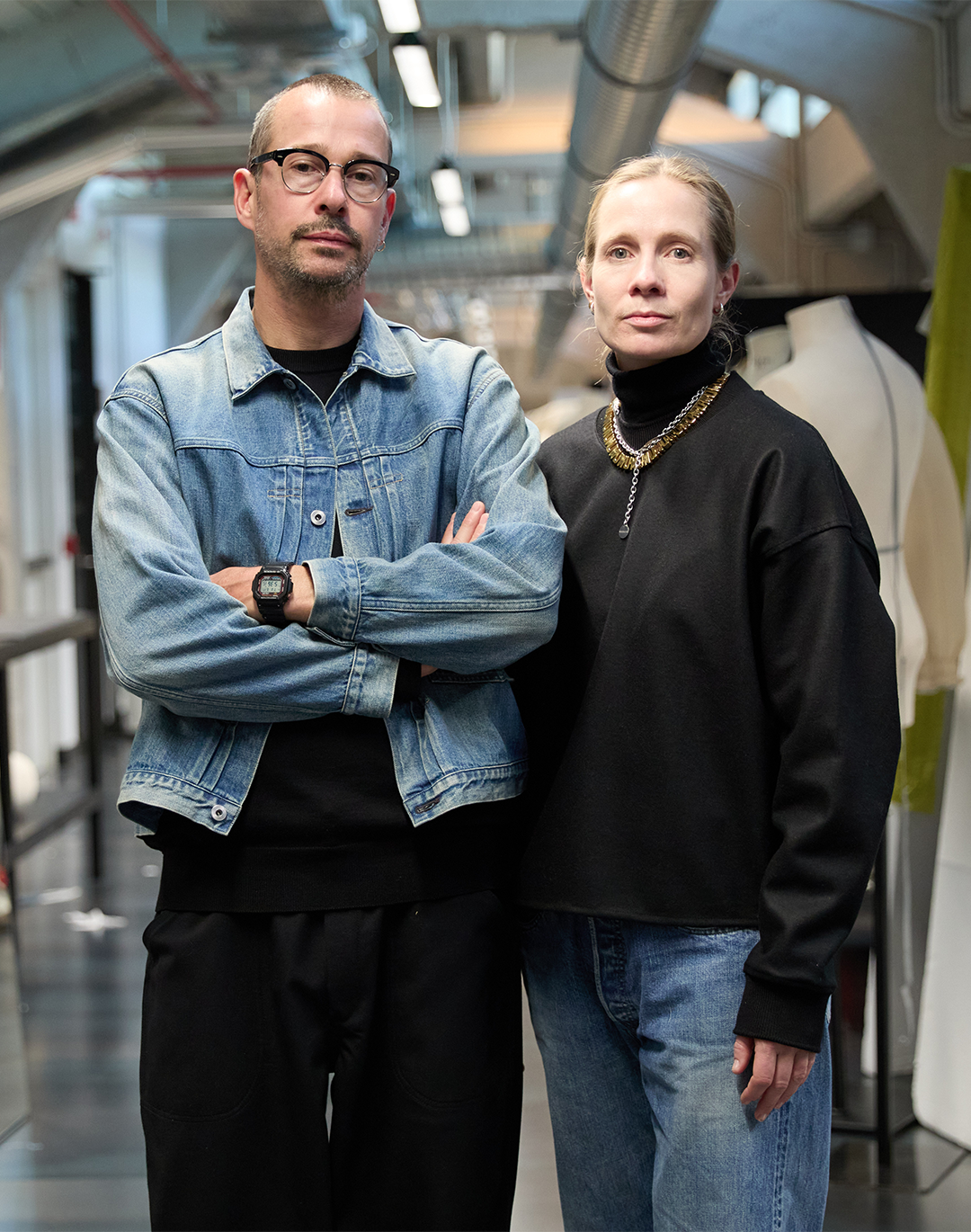
Disney princesses are once again facing a crisis This time, with cascading consequences
The "Disney princesses" are a serious and well-defined matter. Not everyone knows that they are, in fact, a registered trademark created between the Nineties and the 2000s, identifying a restricted circle of human female characters - currently thirteen. While on one hand, the "Disney princesses" and the stories associated with them have brought fortune to the production house, on the other hand, they tend to go through periodic crises. This happened, for example, in the Eighties when Disney films were no longer performing well at the box office. On that occasion, the decision was made to focus on stories of "princesses" (even if they are not always actual princesses) rebelling against some form of authority, as seen in Beauty and the Beast or The Little Mermaid, while turning the film structure towards the typical musical format. The idea was a success: the cartoons became part of popular imagination, leading to the term "Disney Renaissance." In the 2000s, competition from Pixar pushed the production house to experiment with other approaches, with limited success, until they further renewed the stories of their "princesses," giving birth to Frozen and Frozen II - Disney's highest-grossing animated films and considered among the most revolutionary cartoons in recent years. However, just a few weeks after the release of Wish, the new Disney film featuring a princess, it seems that the studio has once again reached a standstill, requiring new storytelling strategies to overcome it.
Box Office results for Wish
@disneyit L'ATTESA É FINITA! Correte al cinema per cantarla in sala ed esprimere il vostro desiderio #CinemaTok #Wish #davedere #animazione #tiktokmademewatchit #Disney suono originale - Disney Italia
The moment of crisis for the characters and stories on which the studio had based its most recent revival is represented by Wish, Disney's latest animated film that did not perform well, even in Italy. In the first four weeks, the film's earnings did not meet expectations, stopping at around 50 million dollars, practically a sixth of what Frozen II achieved in the same time frame four years ago. The failure of Wish is even more concerning considering that the film was supposed to celebrate Disney's centenary, founded in 1923. However, this is not an isolated case; it is just the latest in a series of failures for the American production house. Even the live-action version of The Little Mermaid disappointed expectations, as did animated films without "princesses" released in recent years, including Strange World and Lightyear.
The repercussions of the Disney crisis
Ho appena visto al cinema wish
— saraa (@ciaosonosaraaa) January 2, 2024
C’è di meglio nella Disney?
si evoja
È comunque bello da vedere?
Si totale
Mi sono commossa come al solito?
Assolutamente si pic.twitter.com/kw7oSRHAAV
Due to this crisis, it is believed that Disney's future production will be more focused on sequels, which usually generate three times the revenue compared to original films based on new stories. It is not excluded that upcoming sequels - including those of Frozen, Toy Story, and Zootropolis - may revive Disney's fortunes, but the company cannot rely on this strategy for too long. Today, the studio can afford to resort to sequels of its most successful productions because, at some point, it produced original and "breakthrough" films that worked. In this sense, Disney cannot stay away from conceiving new stories for too long. Meanwhile, many fear that the company will start cutting production costs for its cartoons since they usually cost about twice as much as those of other studios. Although animation itself is popular among the audience (as evidenced by the success of Spider-Man: Across the Spider-Verse), Disney's high expenses seem excessive compared to the profit margins in the industry today. Even Disney+ could suffer the consequences of this change in direction. After 2020, it seemed that the company wanted to focus on its new proprietary platform, but releasing films directly on streaming turned out to be less profitable than expected - the theatrical debut still seems to make a difference in these cases.













































